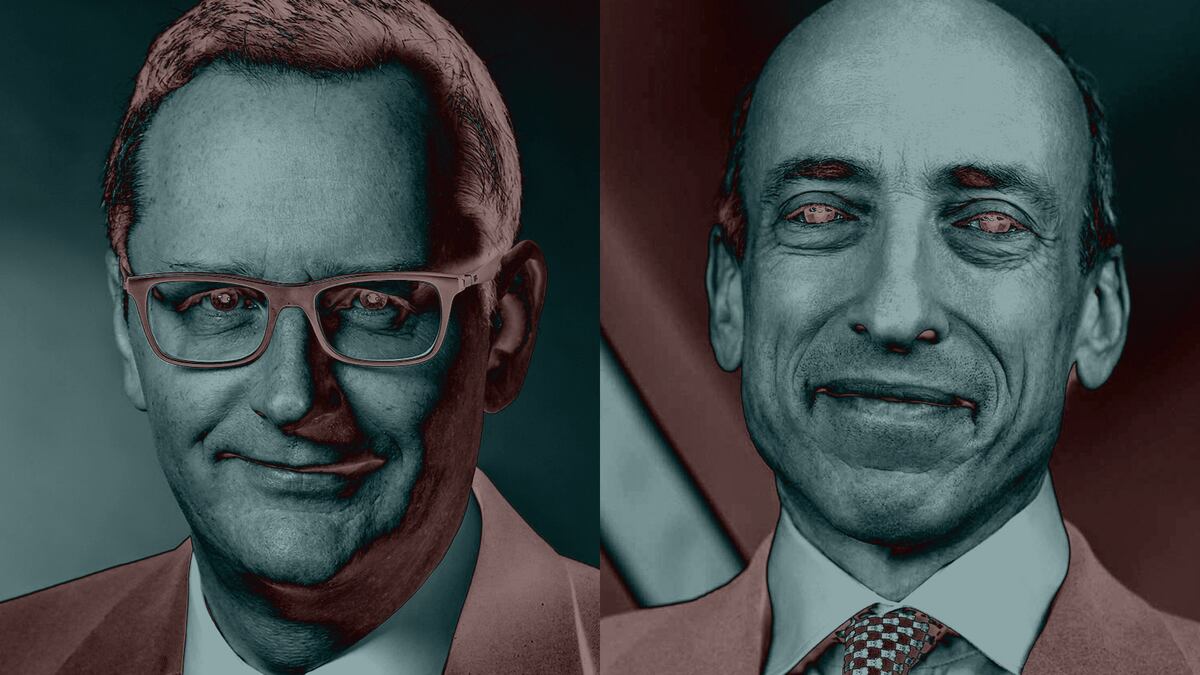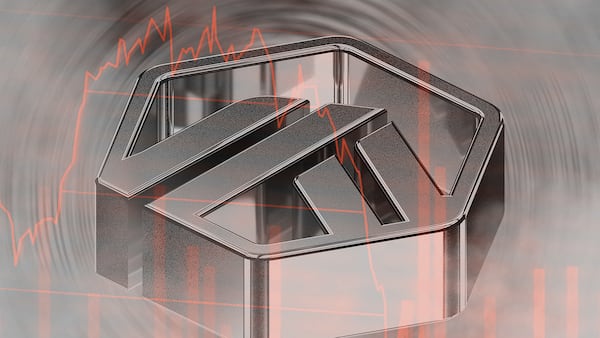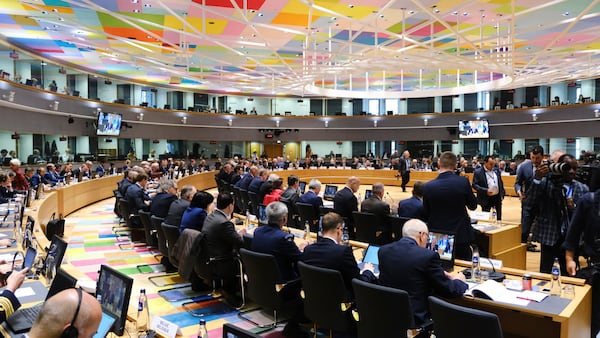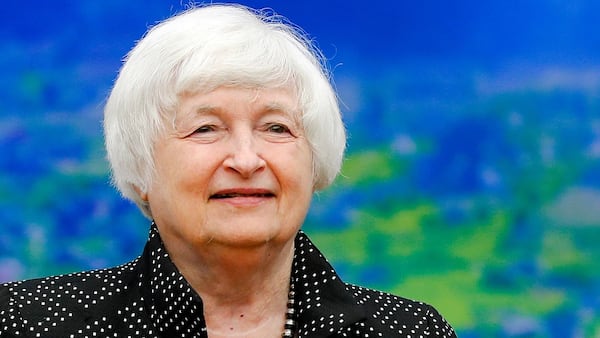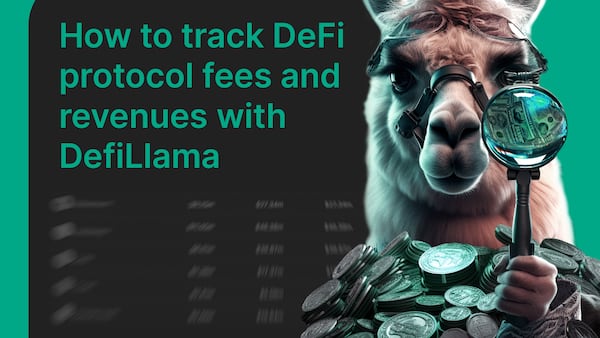- Lawmakers worldwide are getting their heads around decentralised finance, and these efforts are maturing.
- The US, however, is lagging as elections and a lack of political will delay crypto-friendly laws.
A version of this story appeared in our The Guidance newsletter. Sign up here.
GM, Joanna here!
Next year is a big ‘un for decentralised finance, as global lawmakers get to grips with the industry — or at least attempt to.
And as has been the case with crypto policy generally, the rest of the world is leaving the US in the dust.
“We are paralysed,” academic and former Paxos executive Austin Campbell told me.
He cited “deep disagreements about how to proceed — even within the parties, much less between the parties. Nobody is passing anything.”
He noted that 2024 will be a presidential election year, typically a light period for lawmaking. And partisan squabbling has delayed the passage of crypto-friendly bills.
But other governments are dabbling in regulating DeFi.
Sure, these efforts are still largely cautious experiments. DeFi remains a nascent industry, it’s not yet intertwined with the rest of the financial system, and it’s technically complex.
But regulatory trendsetters like the Bank for International Settlements, the financial organisation run by the world’s central banks, now fear DeFi is becoming increasingly knit into other markets.
So there’s some urgency for regulators to ponder how to harness a potentially innovative sector while considering risks to financial stability.
Many regions are thundering ahead by drafting, exploring and inking new policies.
Some projects this year:
- Abu Dhabi ran a sandbox that recently resulted in a regulatory framework for blockchain tech.
- Swiss, Japanese, and UK regulators have joined Singapore’s markets watchdog on a project that explores DeFi and tokenisation.
- The UK Treasury left DeFi out of its proposed digital assets framework, but said it is working on the international level to set standards for future policy.
As usual, the European Union is ahead.
The EU didn’t cover DeFi in its landmark Markets in Crypto-Assets legislation. But MiCA stipulated that the European Commission must publish a report on the industry by end-2024.
That report could be followed by a legislative proposal, DL News Brussels correspondent Inbar Preiss tells me.
Meanwhile, regulators on the level of individual EU nations are investigating what DeFi regulation could look like, hoping to influence the EC’s report, Inbar says.
France’s watchdogs, for instance, are due to launch “working groups to finetune the technicalities of their proposals, like how to certify smart contracts,” Inbar says.
Check out Inbar’s interview with the French regulators here.
But in the US, in a vacuum of laws, regulators have been largely hostile to DeFi.
The Commodity Futures Trading Commission works with advisers from projects like Uniswap.
- Still, the CFTC, and its big sister the Securities and Exchange Commission, have brought enforcement actions against projects like Ooki DAO, and BarnBridge DAO.
- Plus, the SEC wants to regulate DeFi protocols like it does exchanges in traditional assets.
- The Internal Revenue Service wants DeFi projects to report customers’ personal information as brokers do.
- And the Treasury Department is flexing its powers under the Patriot Act to bring more scrutiny to crypto’s role in illicit finance.
It has already sanctioned mixers like Tornado Cash, and proposed to require wallets and validators to perform the same anti-money laundering checks that banks do — to the chagrin of DeFi degens.
Campbell said the US will probably have to wait till after the elections to see crypto regulation move forward.
“Then you’re in a world where it’s end-2024, other nations are charging ahead, and we can’t just sit on our thumbs for four years,” he said. “As the space continues to grow, we’d be losing tens of thousands of jobs and hundreds of billions of dollars of economic activity.”
Campbell added: “If the Republicans sweep the House and the Senate, I expect this to move forward quickly because they’re pretty aligned on what they want, and the administration won’t want to be in the position of just vetoing everything.”
Wanna chat about DeFi regs? Email me joanna@dlnews.com, or Telegram @joannallama.
